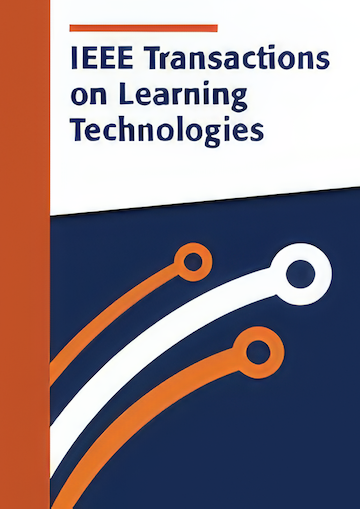Improving Ray Tracing Understanding With Immersive Environments

Title:
Improving Ray Tracing Understanding With Immersive Environments
Authors:
Nuno Verdelho Trindade, Lídia Custódio, Alfredo Ferreira, João Madeiras Pereira
Year:
2024
Journal:
IEEE Transactions on Learning Technologies
Publisher:
IEEE - Institute of Electrical and Electronics Engineers
URL:
https://doi.org/10.1109/TLT.2024.3436656
Abstract:
Ray tracing is a computer graphics technique used to produce realistic visuals by physically simulating the behavior of light. Although this technique can be described straightforwardly, fully comprehending it might be challenging. It is typically taught in the classroom using two-dimensional formats like paper or a blackboard. We propose using immersive environments for incrementing the understanding of ray tracing. We focus on improving the knowledge of the technique in experienced users, particularly Master of Computer Science students minoring in a computer-graphics-related area. We argue that exploring the ray tracing process in an immersive visualization environment can further improve the understanding of ray tracing acquired using conventional means. With that objective, this study starts by presenting RayTracerVR , a virtual reality prototype tool for learning the mechanisms of ray tracing. This tool can be used to visually explore and interact with the different aspects of the technique. It allows users to observe the progression of the rays throughout the sequential stages of the ray tracing process and analyze its corresponding computer pseudo-code. The study includes user evaluation where RayTracerVR is employed to assess improvements in ray tracing understanding. The prototype's usability is also assessed. The findings indicate that using the ray tracing immersive learning environment results in a supplemental increase in understanding in users who have previously learned ray tracing using conventional means.
Keywords:
virtual reality, immersive environments, understanding, educational games, learning via discovery, educational simulations